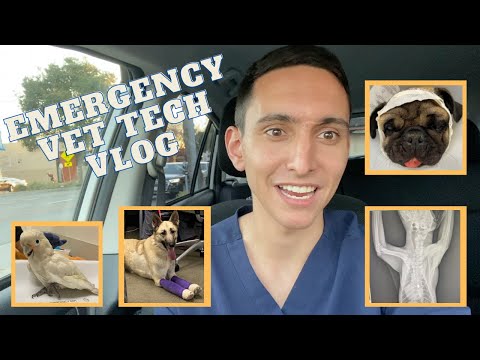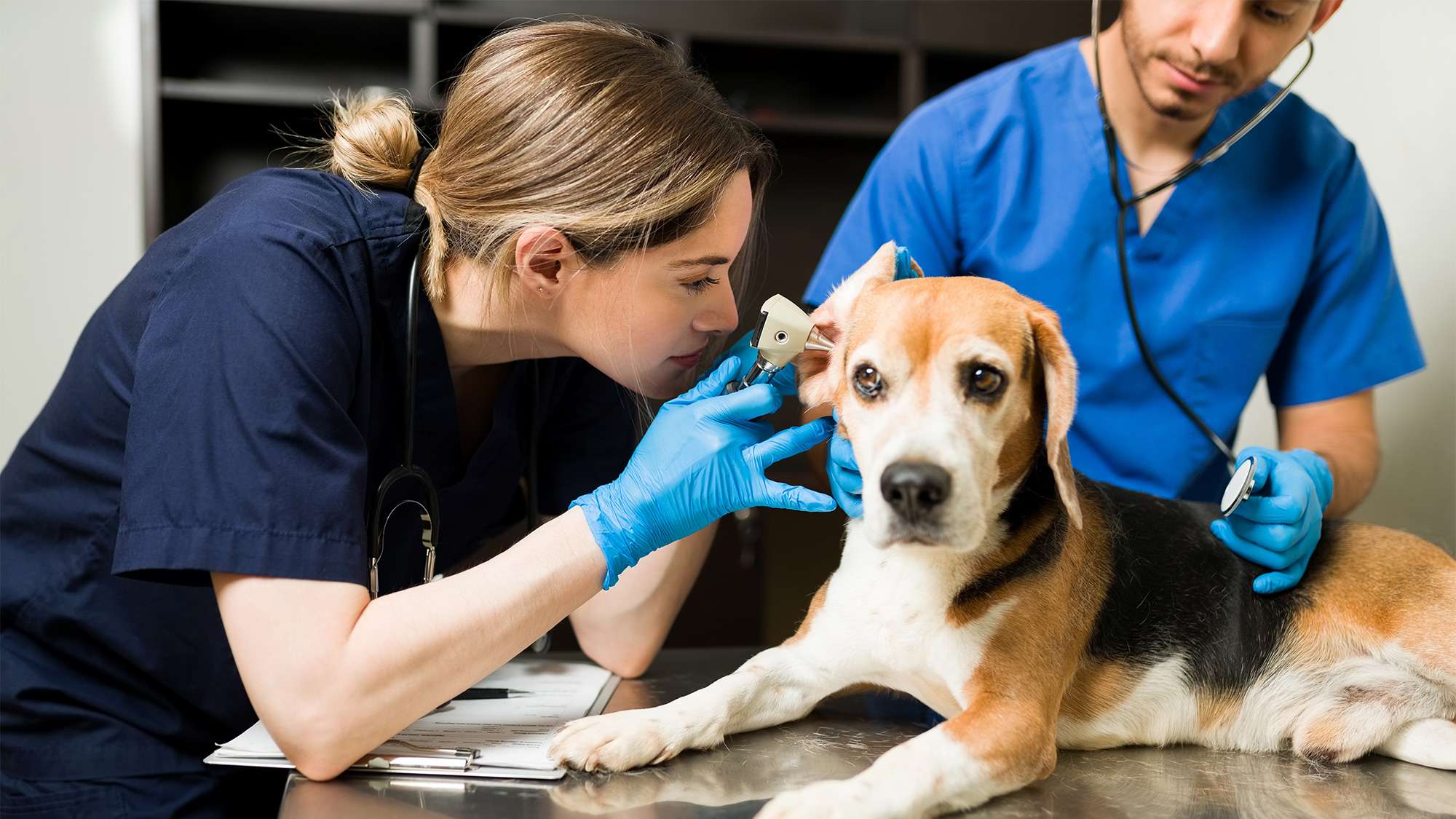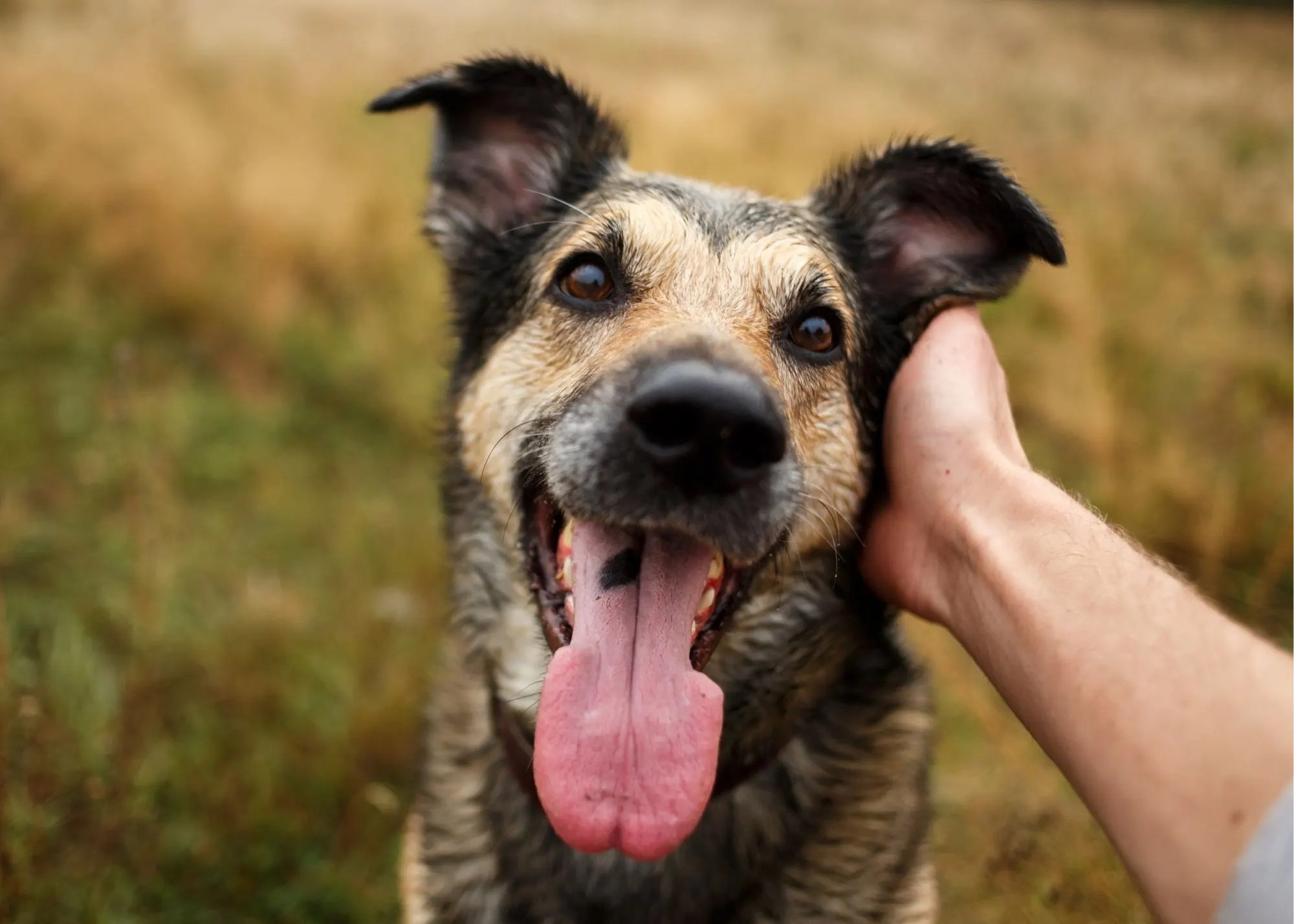
If you have an exotic pet at home, you may be looking to find a vet to care for it. It's a good thing. But choosing the right exotic veterinarian is a major decision. Whether you want a full-time veterinarian or just someone to handle your bird, there are several things to consider.
First, you need to ask yourself if your exotic pet needs special attention. A bearded dragon in dire need of a new hair should be taken to an animal trainer. However, if your pet is a reptile, it should probably visit an exotic pet veterinarian.
Second, you should look into the cost of taking your pet to an exotic animal veterinary clinic. Many veterinarians offer emergency care and boarding services. Some vets can also see exotic pets, while others have additional training.

Third, you should make sure you are choosing a reputable company. Zoos and other facilities that deal with exotic animals hire many veterinarians. These facilities have higher standards and you should make sure your vet is a member.
Fourth, you should check to see if the veterinarian is certified or licensed to perform the procedure you need. Additionally, it is important to find out whether the veterinarian is certified or licensed for the procedure you need.
You should also research the top exotic animal vets in your local area. This can be done by asking your friends or doing a quick Google search. After you've found a few good vets, it is time to interview them. You should ask your exotic vet for details about their past, including any memberships or affiliations.
A final thought is to consider the time it will take you to train in this field. You have many options. One of them is a veterinary internship. An internship can not only help you learn more about the industry but it can also help you get in the door. You should have at least three years experience as a veterinarian, and the higher your salary, the better.

Fifth, be aware that many veterinarians don’t know the details of their species. It is important to find a veterinarian who cares about your exotic pet. It is important that you keep your pet’s medical records in case you have to refer your pet for treatment.
Traditional veterinary schools focus on canines and livestock, but there are now special schools that study the science and art in exotic animal care. Some veterinary schools also have teaching hospitals, which streamline the learning process. The demand for exotic animal veterinarians is high so be ready to wait if they are taking patients.
FAQ
Is it a good idea to spay/neuter your dog?
Yes! Spaying and neutering your dog is very important.
It reduces the number of unwanted dogs in the world and also lowers the chance of developing certain diseases.
For instance, there is a higher chance of breast cancer in female dogs than in male dogs.
Testicular cancer is more common in males than it is in females.
The spaying or neutering of your pet can also help to prevent her from having babies.
Should I get a kitten or a puppy?
This question really depends on your personality. Some people like kittens while others prefer puppies.
But, in general, puppies tend to be more active and playful. Kittens are gentle and tend to sleep a lot.
Both types of animals need lots of attention from their parents. They will grow up quickly and need a lot of care.
You will need to take them to the vet for regular checkups. It is important that you take the time to take your pet to the vet.
What are some things to consider before purchasing an exotic pet
There are several things to consider before you buy an exotic pet. It is important to decide if the animal will be kept as a pet, or if it will be sold for profit. If you want to keep it as an animal pet, you need to ensure that there is enough space. It is also important to estimate how much time it will take to care for the animal. It's not easy to care about an animal. But it's well worth it.
If you are looking to sell your animal, you will need to find someone willing to buy it. Make sure that whoever buys your animal knows what they're doing regarding taking care of animals. You should not feed the animal too often. This could cause health problems later on.
If you choose to get an exotic pet, then you need to make sure that you research all aspects of them. Many websites provide information about various types of pets. Avoid falling for any scams.
What is pet insurance?
Pet Insurance provides financial protection for pets when they are sick or injured. It also covers routine medical care like vaccinations, spaying/neutering and microchipping.
Additional benefits include emergency treatment in the event your pet becomes ill or is involved in an accident.
There are 2 types of pet insurance.
-
Catastrophic insurance - This policy covers your cat's medical expenses in the event of severe injury.
-
Non-catastrophic: This covers routine vet costs such as microchips and spays/neuters.
Some companies offer both catastrophic and non-catastrophic coverage. Some companies offer only one type of coverage.
These costs are covered by a monthly payment. This amount will depend on how much you spend to care for your pet.
This insurance can cost you a lot depending on which company you choose. So shop around before buying.
You may be eligible for discounts if more than one policy is purchased by the company.
You can transfer an existing pet insurance plan from another company to a new one.
If you do not want to buy pet insurance, you'll need to make all of the payments.
There are still many ways to save money. Ask your veterinarian for information about discounts.
You may be disregarded by your pet if he sees you frequently.
Or, you can find a local animal shelter where you can adopt a pet instead of paying for one.
Do not forget to read the fine print.
It will tell you exactly what your coverage is worth. If you don’t understand something, contact an insurer immediately.
Statistics
- Reimbursement rates vary by insurer, but common rates range from 60% to 100% of your veterinary bill. (usnews.com)
- It's among a relatively few companies that provide policies with a full (100%) coverage option, meaning you are not responsible for any co-payment of bills. (money.com)
- Monthly costs are for a one-year-old female mixed-breed dog and an under one-year-old male domestic shorthair cat, respectively, in excellent health residing in Texas, with a $500 annual deductible, $5,000 annual benefit limit, and 90% reimbursement rate. (usnews.com)
- Here's a sobering reality: when you add up vaccinations, health exams, heartworm medications, litter, collars and leashes, food, and grooming, you can expect a bill of at least $1,000 a year, according to SSPCA. (bustle.com)
- * Monthly costs are for a 1-year-old female mixed-breed dog and a male domestic shorthair cat less than a year old, respectively, in excellent health residing in Texas, with a $500 annual deductible, $5,000 annual benefit limit, and 90% reimbursement rate. (usnews.com)
External Links
How To
The best method to teach your dog where he should urinate is through the use of a map.
It's essential to show your pet how they should use the toilet. It's also important to know how to train them if they start going outside without you. These are some things to remember when teaching your dog how to properly use the toilet.
-
Start training early. Start training now if you don't want to have any accidents in playtime.
-
You can reward your pet with food. You'll have better luck if you reward your pet after every successful trip to the potty.
-
Your pooch's area of peeing should be kept away from treats. This could lead to your dog identifying urine smell as his favorite treat.
-
Before you allow your dog outside, make sure that no other animal is nearby. Dogs who see their owners relieve themselves may believe it is normal.
-
Be patient. Your puppy might take a bit longer to figure things out than a fully grown adult.
-
Your dog should be able to smell everything before she can go in the bathroom. If she can smell the toilet, she will learn more quickly.
-
Do not allow your dog to go near the bathroom while you take care of business. It could cause confusion.
-
You can wipe the toilet and the surrounding area clean after you have finished. These areas will serve as reminders of what you need to do next.
-
All messes should be cleaned up immediately. If your dog has an accident, clean it up quickly and thoroughly. He might try to get rid of himself again if he is not careful.